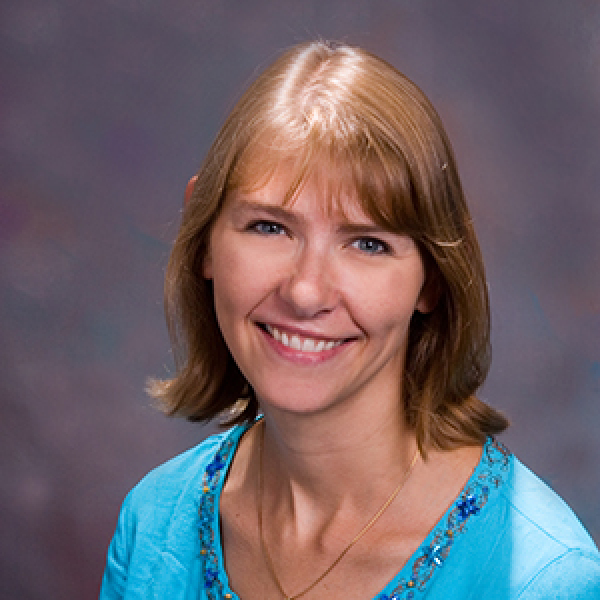Raising the Bar for Clinical Research Staff Training: MICHR Gets $2.3M Grant to Lead National Effort

This article was originally posted by the Michigan Institute for Clinical & Health Research. Read the full article on MICHR's news page.
Every day at U-M and across the country, clinical trials give patients access to promising new treatments, and clinical research gives scientists important insights into the body and mind. The number of studies has grown rapidly – with 1,600 happening at U-M alone.
But amazingly, no national standard exists for how to train the staff who actually run these studies, even though they have to follow many federal regulations, interact with patients and health professionals, and act as the early warning system for problems. Many institutions have developed their own training methods and courses, but it’s been hard to share them.
Now, a new effort based at U-M will create a one-stop shop for the best training approaches, and make it available to clinical research staff nationwide.
The Michigan Institute of Clinical & Health Research (MICHR) is leading the effort to identify and evaluate competency-based training for clinical and translational science researchers. Recognizing that a critical barrier to conducting effective clinical research is the lack of consistent training for study team personnel, several universities will examine training methods in a new three-year, $2.33M grant project called DIAMOND (Development, Implementation, and AssessMent Of Novel training in Domain-based competencies).
“An important limitation in the way clinical trials are currently conducted across the country is that there is no training standard for the people who are actually doing the work. This grant focuses on solving that very problem.” says Vicki Ellingrod, PharmD, Associate Director of the MICHR, who serves as the principal investigator of the grant.
The funds come from a Collaborative Innovation Award from the Clinical & Translational Science Award (CTSA) program, which is administered by the NIH’s National Center for Advancing Translational Science. This grant is above and beyond the recent CTSA award that MICHR received.
Through this grant, teams from MICHR, Ohio State University, Rochester University, and Tufts University seek to address problems with the quality and efficiency of how clinical trials are carried out by examining existing training programs, categorizing them, creating assessments, and cataloging all programs, making them available to more than 50 CTSA institutions nationwide via an online portal. MICHR serves as the coordinating center for this project.
“This collaboration will allow us to develop this competency-based training as it relates to the conduct of clinical trials and disseminate this curriculum nationally,” says Dr. Ellingrod, John Gideon Searle Professor, Associate Dean for Research and Graduate Education at the U-M College of Pharmacy.
DIAMOND is a follow-up to a previous NIH-funded project that aimed to standardize Good Clinical Practice (GCP) training for clinical trials professionals and take the essential next steps toward competency-based education and assessment within the CTSA network.
Learn more about the CTSA here.



